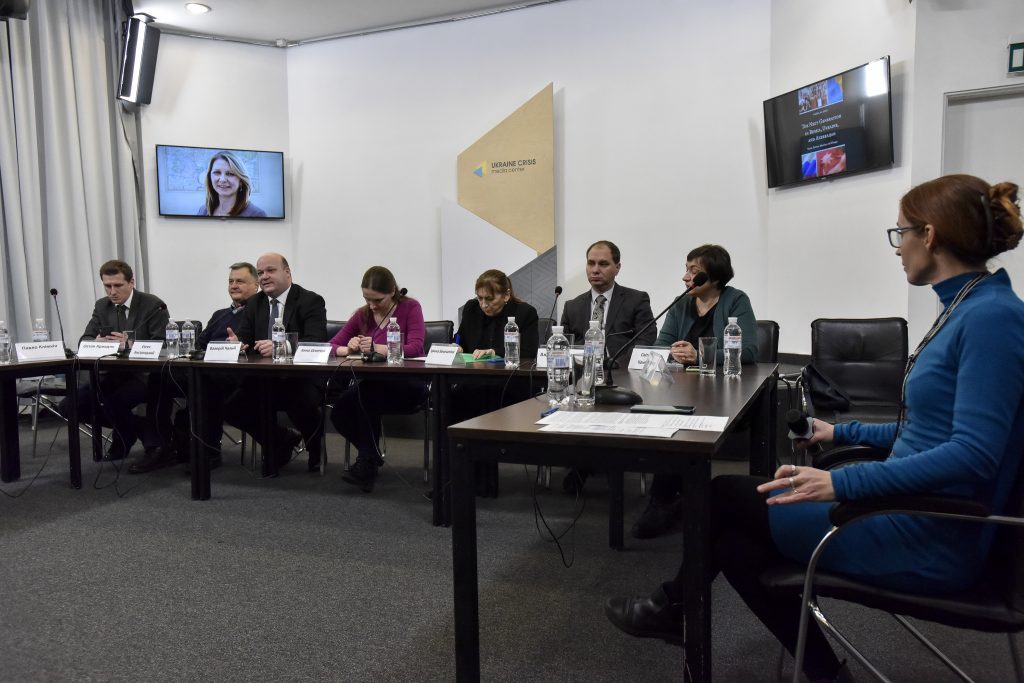The key points of a discussion at the UCMC as part of Nadia Diuk commemoration gathering
On January 23, Ukraine and the international community honored the memory of Nadia Diuk, a Ukrainian-American scholar and public activist. On this occasion, Ukraine Crisis Media Center organized a Nadia Diuk commemoration gathering and a discussion of a topic underlying one of her scholarly works – Ukrainian youth and its participation in social and political life. In her 2012 The Next Generation in Russia, Ukraine, and Azerbaijan: Youth, Politics, Identity and Change, Ms. Diuk characterizes young Ukrainians and provides a basis for predicting how they will integrate into the country’s life when they get older.
Ukraine Crisis Media Center suggested returning to the topic of Ms. Diuk’s research from today’s perspective: what are they like, young Ukrainians, and what can we expect from them?
Ukrainian (and not only) society is inclined to associate hopes for a better future with the younger generation, and the arrival of young people in politics (which is believed to be active, educated, and progressive) – with positive changes in the country; change of generations – with the final departure from the Soviet way of thinking and approaches (“until the generation changes – nothing will change”).
People welcome new young faces in politics and demonstrated this convincingly in the 2019 presidential and parliamentary elections. But do these expectations correlate with what these young people are like, not just “new faces” in parliament but average young Ukrainians?
We asked sociologists, political scientists and public activists who have been involved in building civil society in Ukraine since the 1990s.
And here are some conclusions.
- Youth are not very different from the rest
According to sociological research, the views of young people under 30 are slightly different from other age groups – except for the oldest. Although there are some quantitative differences.
“When we began studying society in the 1990s, we could say: youth and everyone else. Young people under 30 as a social group differed significantly: they were already “non-Soviet”. In the 2000s, it was already the generation of under 40 – these young people grew up, new appeared, and they also differed, but not so drastically. Now, when we look at qualitative differences – we can say “seniors and all the rest.” In the polls, young people differ quantitatively rather than qualitatively. They have their special features, but do not differ drastically as carriers of any special values,” said Iryna Bekeshkina, Director of the Ilko Kucheriv Democratic Initiatives Foundation.
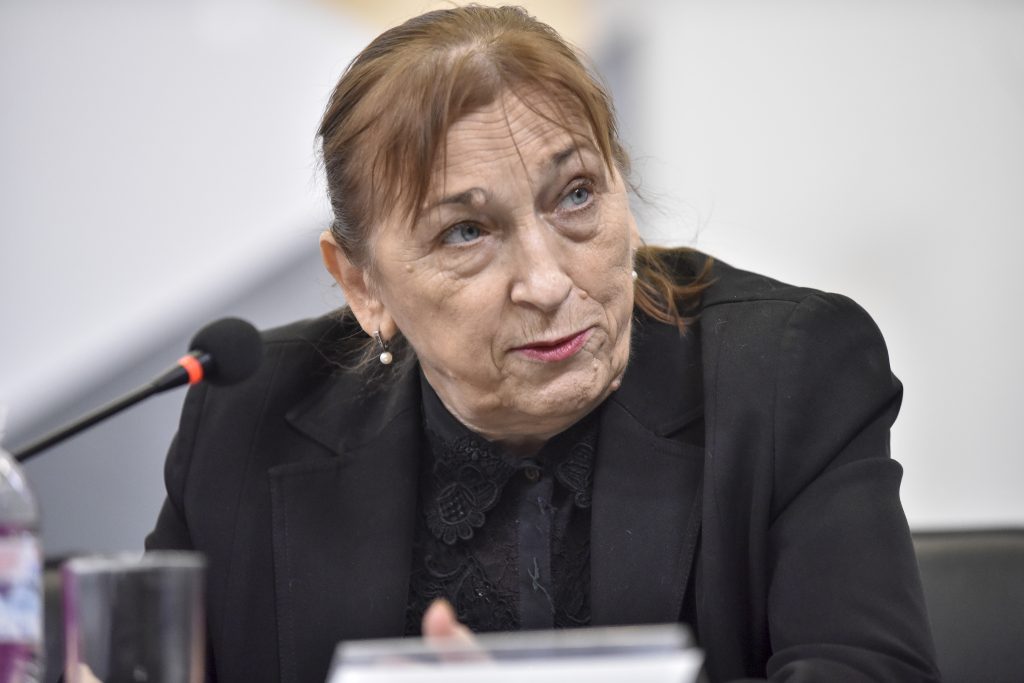
For example, among young people aged 18–29, 60% consider the breakup of the Soviet Union as a positive event. Most believe that there have been a lot more positive things over the history of independent Ukraine than negative. In the next age groups, this percentage gradually decreases, and it is only the 60+ generation who consider the breakup of the USSR a negative event. If the referendum on Ukraine’s independence took place now, independence would be supported by 81% of the youngest, and 62% of the oldest respondents.
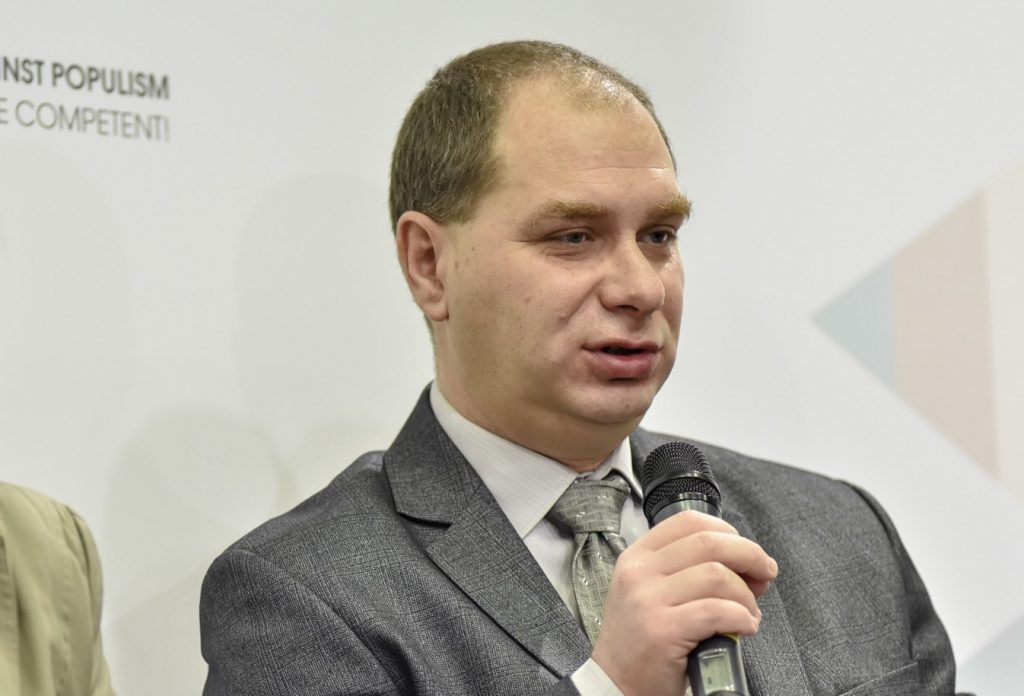
“In our studies of adults, those who were born in independent Ukraine can be a completely separate group. For them, especially the youngest, the Soviet Union is like a movie. Their attitude depends on their senior environment and information space. But whatever that attitude is, it is an attitude to an imaginary thing,” says Andriy Bychenko, Director of Sociological Service at Razumkov Center.
NATO membership is supported by 54% of youth, non-aligned status by 22%.
Most young people vote for democracy, at least as a value – 75%, compared with 51% among the older generations, says Iryna Bekeshkina. Young people are more optimistic about the future and more prone to change – frequent job changes, migration within and outside the country. However, they are not very interested in social and political life.
“Young people’s interest in politics is no higher than that of the rest, even slightly lower than of the middle-aged. If you look at those involved in public organizations, young people are no different from other generations, only a group older than 60 is different,” says Iryna Bekeshkina.
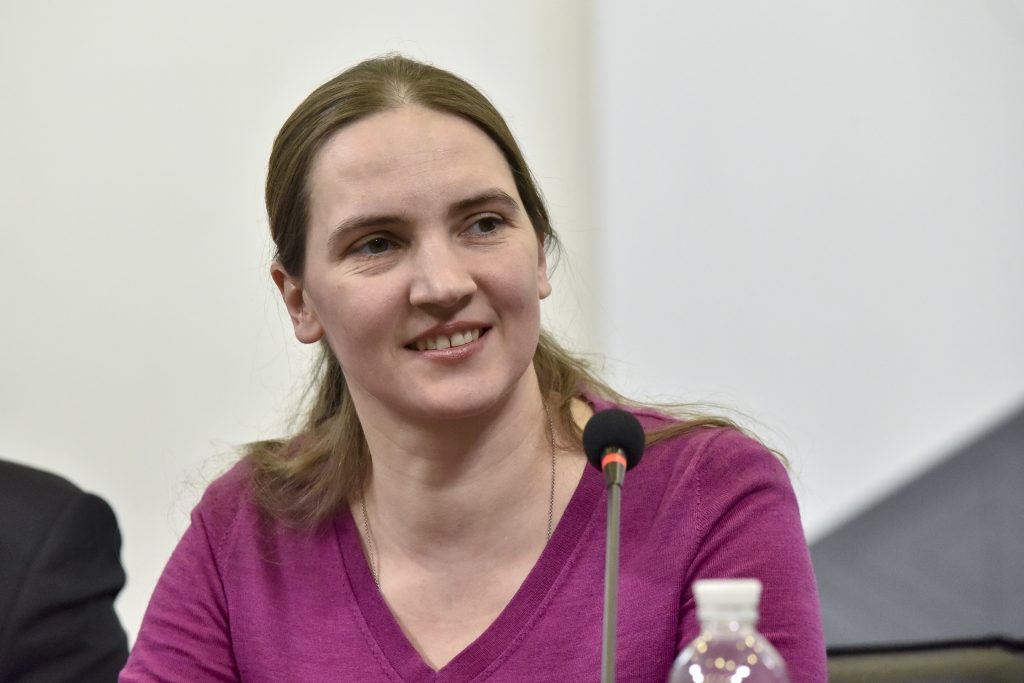
Moreover, from the Revolution on Granite to the Revolution of Dignity, the percentage of young people among the protesters gradually decreased, adds Anna Osypchuk, Scientific Director of the School of Political Analytics at the National University of Kyiv-Mohyla Academy, Lecturer at the Department of Sociology at NaUKMA.
“During the Maidan, youth was third in number. It was no longer a youth revolution – its nucleus was the generation that made the Revolution on Granite and the Orange Revolution. Part of an answer to this question, in my opinion, is that people who did not live in other times do not really understand the danger of returning there,” she notes.
From the unexpected: despite the general idea that young people are more progressive and educated, they are inclined to populist views no less than the oldest and undereducated.
“In the autumn, at our request, the Kyiv International Institute of Sociology conducted a survey on the level of populist sentiment – and there is no difference at all in education and age as to how people share populist sentiment,” Anna Osypchuk said.
Among the poll results, almost 90% of respondents (and therefore, as many among young people) agree with the statement that Ukraine needs a strong leader; 61% – that politicians act “on the instructions of foreign governments and international organizations”. 63% of respondents agree that “important decisions and laws should be adopted immediately, even with a procedure violation.” 73.6% of respondents agreed with the message “I trust politicians of common origin the most”.
However, according to sociologists, young people are not a homogeneous group. These people are united only by age, but their values and worldview depend on education, regional background, social status and family upbringing.
“If we want to talk about these differences in detail, we need more sociological research,” says Anna Osypchuk.
- Youth in politics is not necessarily a change for the better
Nadia Diuk notes in her book that young people played a decisive role in all protests, but almost did not participate in post-protest actions, institution-building – both in the early 1990s and after the Orange Revolution, losing the ability to influence processes from within.
After the Revolution of Dignity, the situation changed: many young people from the public sector, who had lived most of their lives in independent Ukraine, came to power. The 2019 elections reinforced this trend: the number of young people in government agencies has grown unprecedentedly; the president, parliament and government are the youngest in history.
But will they be able to live up to the over-optimistic expectations placed on them?
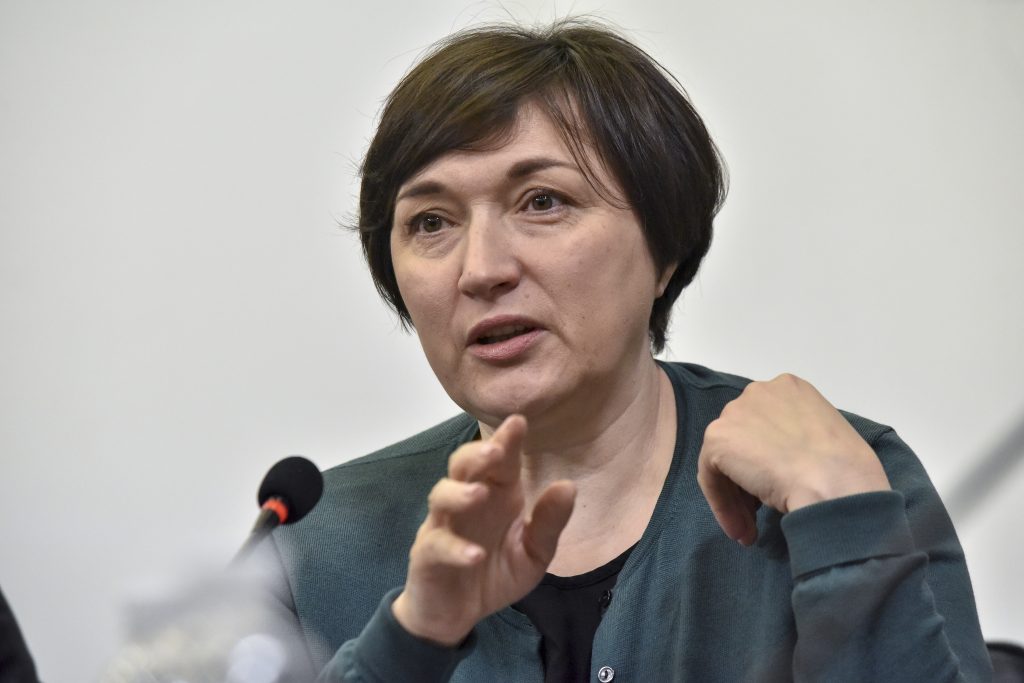
“Now young people have seats in Parliament. But the approaches to changes in the management system and its openness to ensure systematic communication with different social groups have not yet improved as much as they should. Are young people able to take a new way of acting? Unfortunately, they are not. Young people entering politics lack the experience, knowledge and united readiness to counteract any oligarchic influence on the state system,” said Svitlana Kononchuk, Political Program Director, Ukrainian Independent Center for Policy Studies.
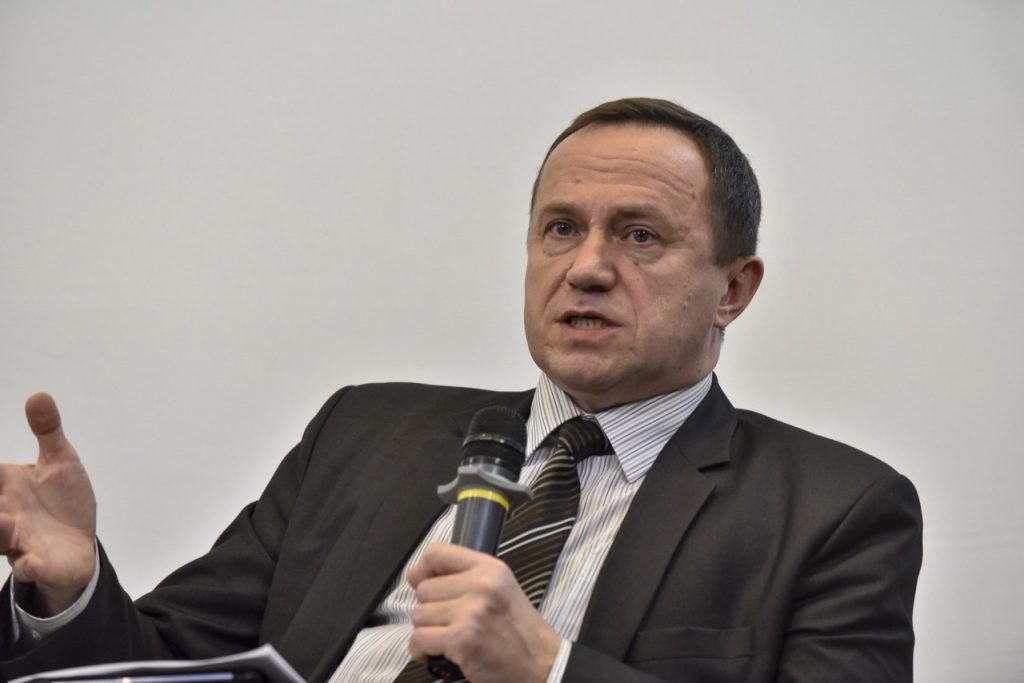
“Today’s youth come to power without established behavior patterns and meaningful standards that they want to follow. They come just because someone calls them there. And very often, these people simply reproduce the previous behavior patterns and repeat what they see. Many young people behave the same way as those whom they criticized yesterday,” said Ihor Koliushko, Director of the Center for Political and Legal Reforms.
“It is clear that any institution that could be developed by young people is not created by them. And wherever they may go, they will be in a minority there, and nobody will tailor the rules to them: young people have to adapt to these rules, which have always been Soviet. Therefore, it is logical that young people do not want to participate in this – under the conditions when it is much easier for them to get a Western education and to leave Ukraine than to break the system here,” Andriy Bychenko says.
- The next generations of young people are very different – because they grow up with smartphones in their hands.
British researcher Chloe Combe conducted one of the most recent studies of what digitized young people are (Generation Z: Their Voices, Their Lives). The study includes 13-23 year olds. Ostap Kryvdyk, Ukraine and the World Program Manager, Analytical Center at Ukrainian Catholic University, cites data from it as a guide to personal characteristics that are likely to be common to Ukrainians of this age.
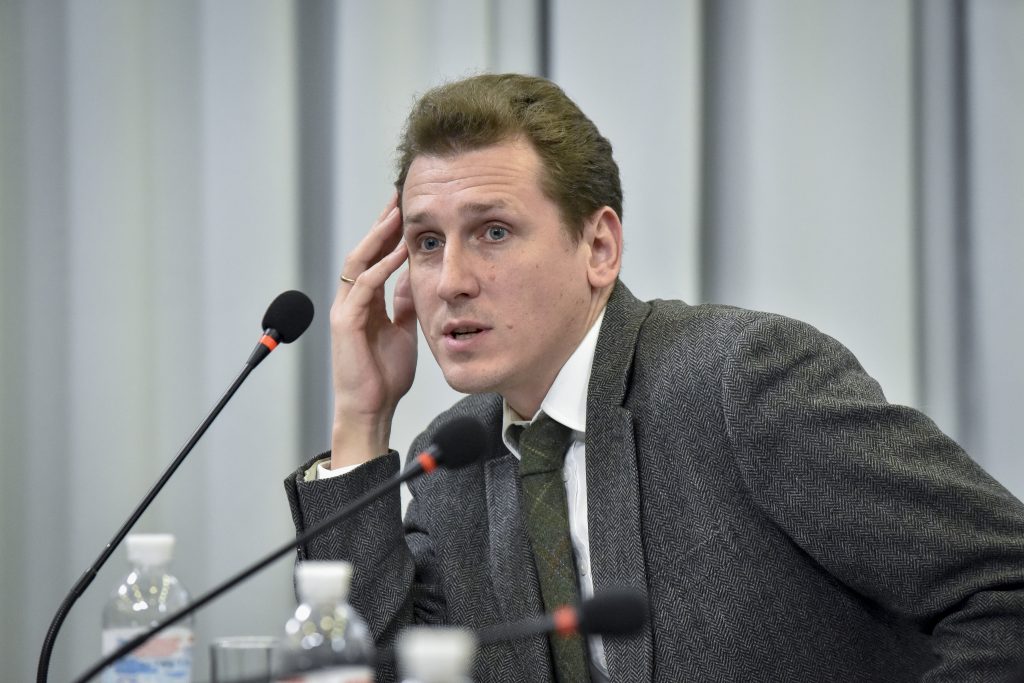
These are the “kids of the Internet” who have constant access to information: they are constantly on the flow. They are both masters and servants of social networks. They create a brand of themselves as personalities and want to broadcast themselves live. They are detached from traditional structures, political reality, media reality, fashion trends: they are starting reality with themselves, and their authorities are often successful bloggers. Generation Z is ideologically quite active, but not in the dimension of traditional ideologies – for example, important issues for them are environmental protection and veganism. They are oriented on equality and recognize the right of a person to be anyone, but, at the same time, they are not prone to alcohol, drugs, sexual activity. They are not inclined to travel either – because virtual reality has made the world accessible from a smartphone screen. At the same time, they are more influential than previous generations – because they can speak through social networks. However, they are trapped in the bubble of their circle of communication.
“The question is whether this generation will be ready for a reality that is beyond the virtual. A factor of war impacts this generation in Ukraine. The war they may want to run away from. … Ms. Diuk sums up her book with the words “conflict, cooperation, adaptation” – as three models of young generations’ interaction with political reality. It seems to me that adaptation is the most likely scenario for this virtual generation,” Ostap Kryvdyk concludes.
What to expect from this youth?
“As to the worldview and foreign policy vector, I keep saying – there will be no setback. Ukraine will not return to Russia, because generations are gradually changing and they look more at the West than at the East,” Iryna Bekeshkina, Director of the Ilko Kucheriv Democratic Initiatives Foundation, says.
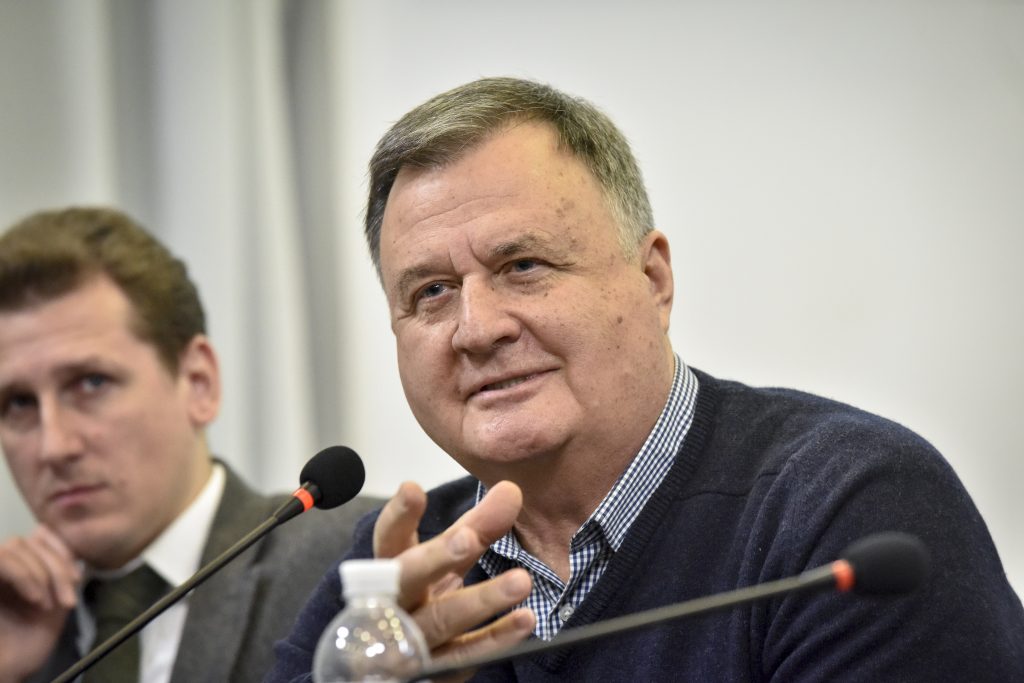
“The identity of this youth would evidently not be the identity of our radical nationalists. It would definitely not be Russian and post-Soviet either. In my opinion, Ukraine’s turn towards Europe allows us to predict that modernized Ukrainianness will be inherent in young people. Education and the accessible extensive humanitarian information will contribute to this end,” Yevhen Bystrytskyi, chairman of the Vyborcha Rada UA public association, says.
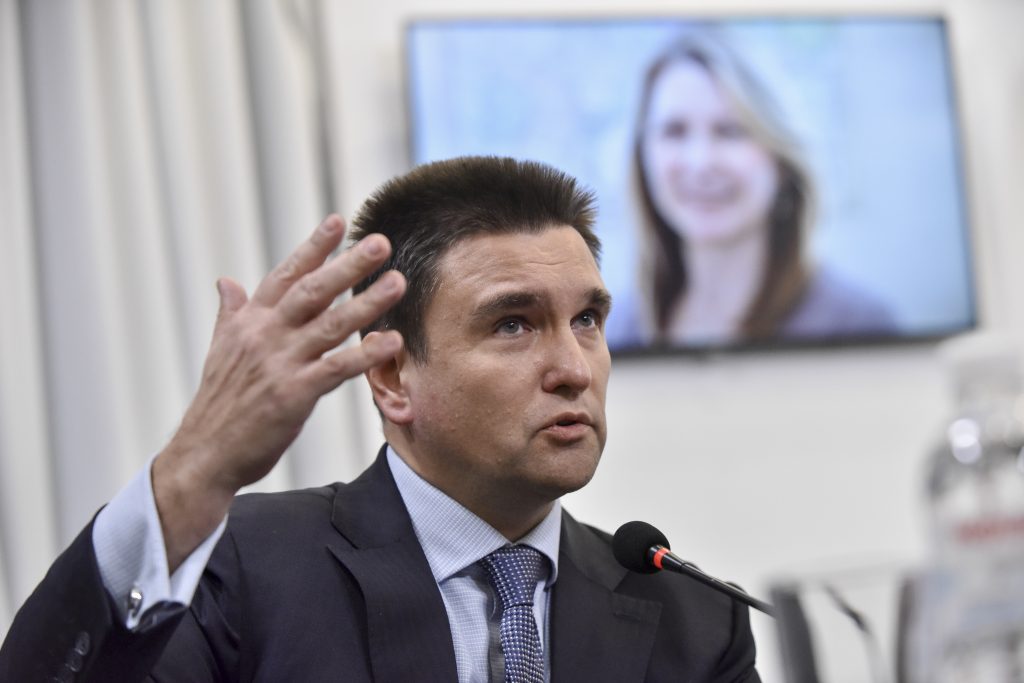
“In my opinion, Ukrainians of the future will have their identity built both through personal experience and experience gained from virtual reality. Ukrainians of the future will consider themselves both Ukrainians and “citizens of the world,”- because now a person “with brains” can work anywhere from anywhere, if they have access to the Internet. It is necessary to finish the discussion about what “good” youth should be and to let young people do what they do – find themselves,” – Pavlo Klimkin, Head of Programs of European, Regional and Russian Studies, Ukrainian Institute of the Future, Ambassador Extraordinary and Plenipotentiary of Ukraine, says.
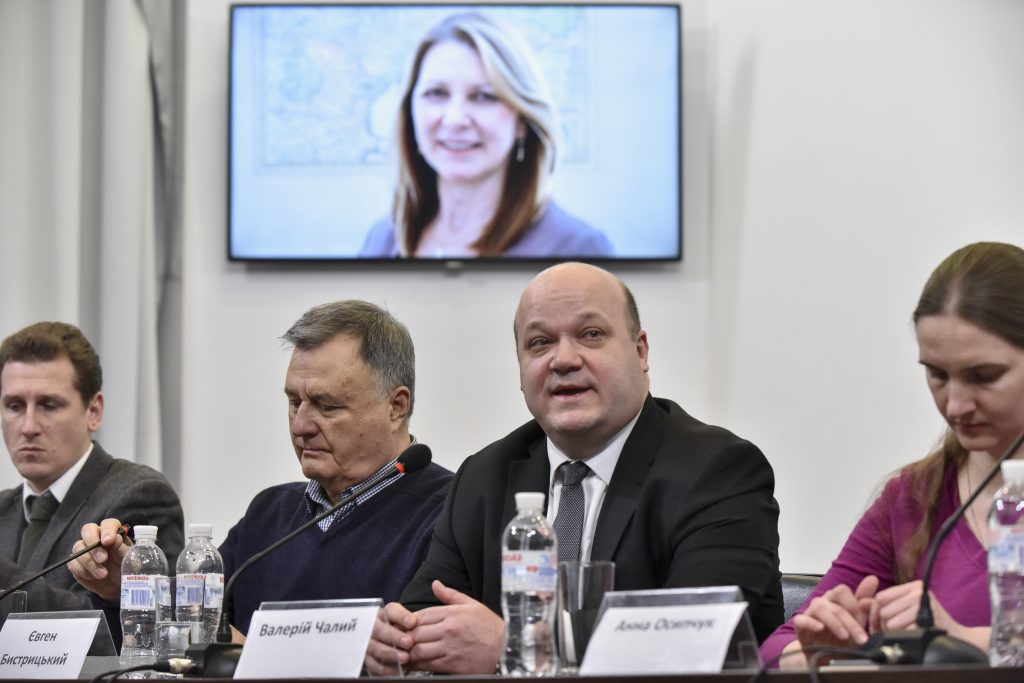
“It is important to ensure that young people are capable of using modern tools and approaches and working on their intellectual development. There was a specific example in my experience. When I was solving a problem of proper transliteration of the names of Ukrainian cities at the US airports and was looking for a way to expedite this process, we got together with various people to brainstorm the way.
“I expected brilliant ideas from young people and realized that their way of thinking was nothing like ours taught in Soviet school. However, it was the older generation that contributed more breakthrough ideas. We had a combination of new visions, new facts, and at the same time were able to look at the bigger picture. The older generation representatives appeared to be the ones who had read great books,” – Valeriy Chalyi, Chairman of the UCMC Board, Ambassador Extraordinary and Plenipotentiary of Ukraine.
Where Ukrainian youth will be and what they will be like depends on whether Ukraine will be able to keep up with the world technological development rates, which will only accelerate further. In these circumstances, the biggest challenge is to ensure access to quality education and create conditions under which young people who want to work in cutting-edge industries and earn decent living can do this in Ukraine.
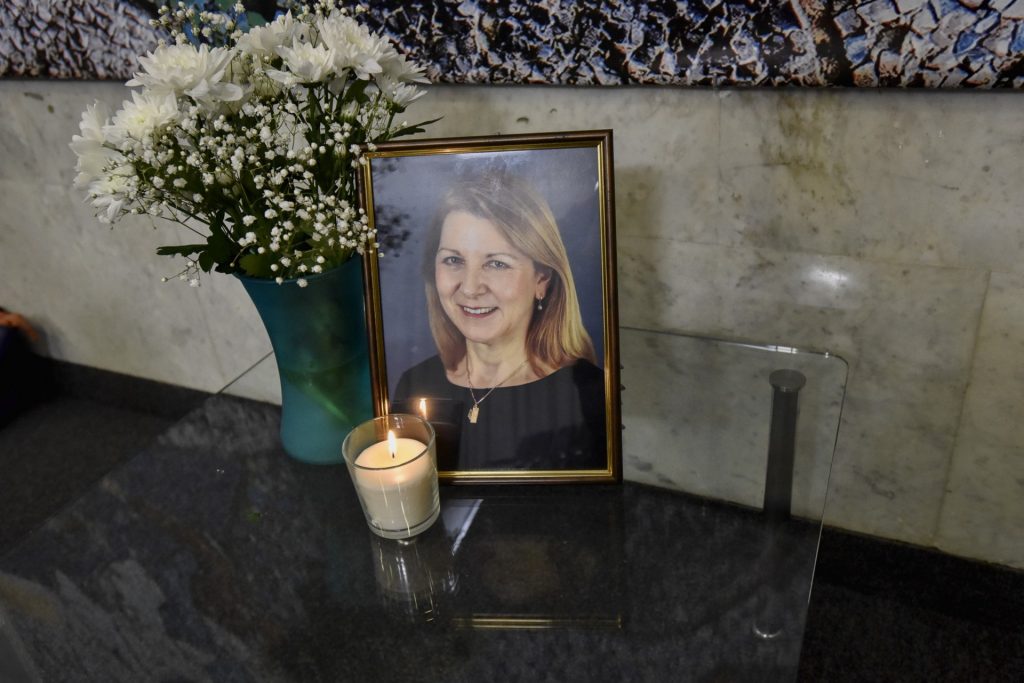
***
“Nadia Diuk was an ambassador of Ukraine and was able to speak correctly about Ukraine, the situation in it and its potential. Her contribution to bilateral relations and attitude towards Ukraine is enormous. Nadia helped to construct a “bridge” across which assistance was provided to non-governmental organizations that were drivers of civil society development in Ukraine. Not only in America, but also in Canada and the United Kingdom, many people gathered around her. Thanks to Nadia, they learned about Ukraine and started helping. I am grateful to her for what she has done. Thanks to Nadia, now the United States associates Ukraine not only with corruption and scandals. It is positively perceived as a strong contributor to the protection of values and freedoms,” – Valeriy Chalyi, Chairman of the UCMC Board, Ambassador Extraordinary and Plenipotentiary of Ukraine.


